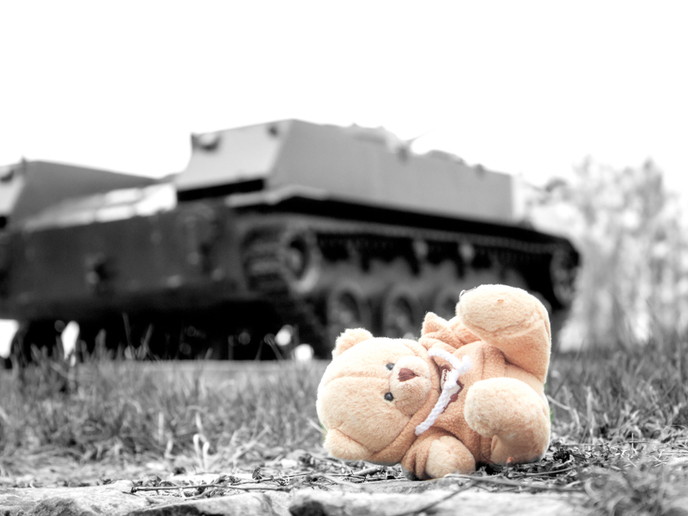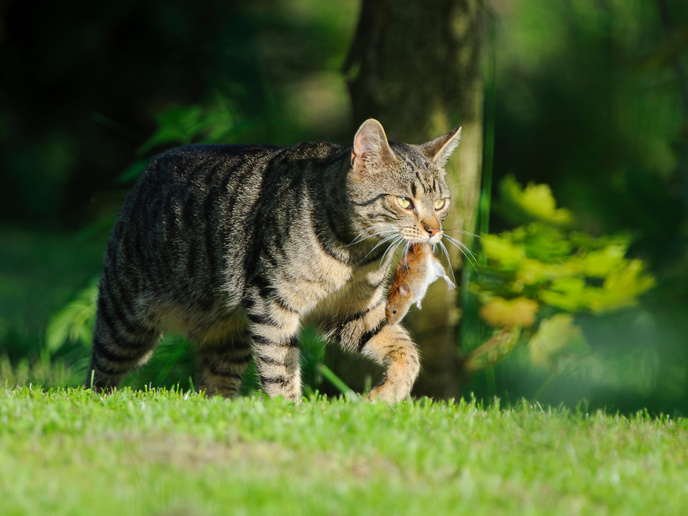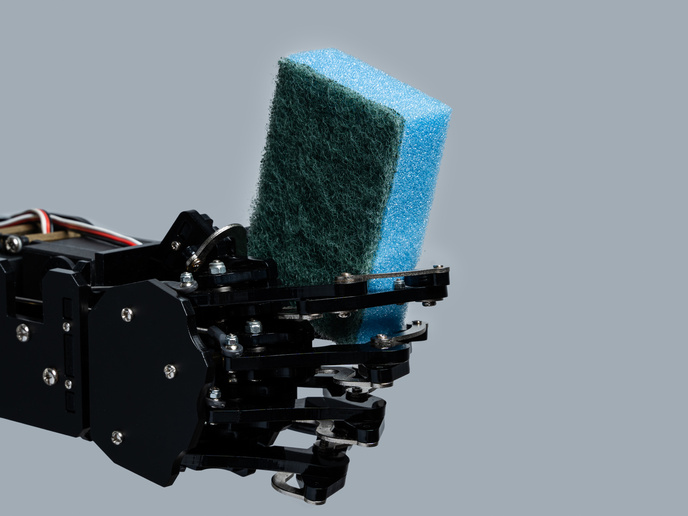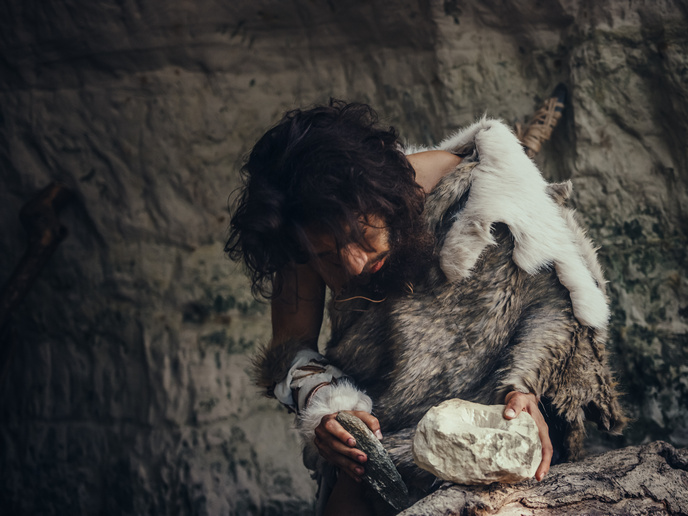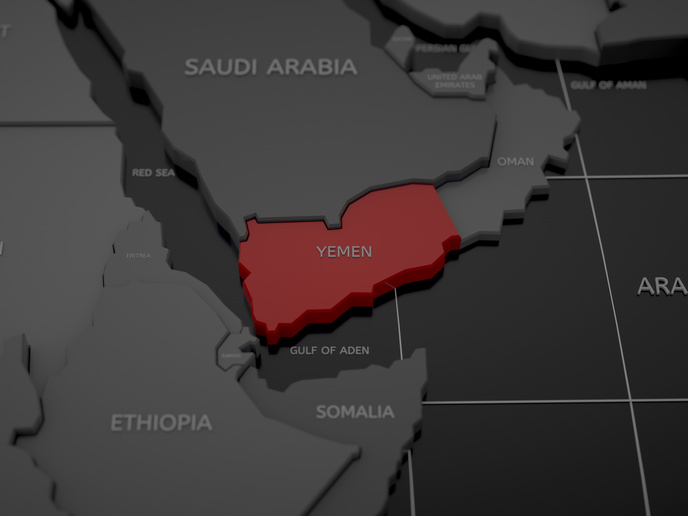Revealing the untold legacies of children of war
Born to local mothers and fathered by foreign soldiers, children born of war remain a major obstacle to successful integration within post-conflict societies. They often become victims of social harassment, fail to receive the social benefits available for other children of single parents and they are often stigmatised, outcast by their communities as ‘children of the enemy’ and ‘children of the occupation’. The phenomenon is not new. And while strings of studies have documented the physical and psychosocial impacts of armed conflict on women and children, research is lacking, offering little historical appreciation of wartime violence against women and, similarly, of children born of war and occupation. Enter the EU-funded project CHIBOW. Set up in 2015 and funded by the EU, the initiative worked to explore these complex problems, investigating specific subgroups of children, while aiming to develop a broader and more advanced knowledge base.
Needed interventions
“By linking historical and anthropological understanding with psychological and psychotherapeutic approaches, this research has been both original and innovative,” says Sabine Lee, a professor of Modern History at Birmigham University. “It aids directly the development of strategies leading to more sustainable solutions to the problem of integration of children fathered by foreign soldiers, or those who have been the result of relationships or gender-based violence rooted in war, into their local communities,” she continues. Strategies include targeted interventions at a local level, helping prevent trauma linked to stigmatisation and identity issues while mitigating the adverse effect of the children’s biological origin, explains Prof. Lee, who coordinates CHIBOW. Project collaborators have in the meantime, also begun working with policy makers, media and service providers to better implement the proposed interventions. The international training and research network CHIBOW includes a network of some 15 scholars from 11 academic institutions. It cooperates with more than 20 international partner organisations, focusing on conflicts ranging from the Second World War to Vietnam, to turbulent events in the former Yugoslavia, including Bosnia and Kosovo.
Transforming trauma
“What has amplified the project's success and research outcomes, is CHIBOW's collaborative approach,” reports Prof. Lee. “It engages projects across disciplines, across research locales and across different levels of seniority among scholars.” Among the most promising is the project “In the Name of Father.” In this engaging fusion of performance arts, politically relevent theatre and academic research, children of war are incorporated as both performers and protagonists. By taking centre stage, the performers-cum-protagonists reveal themselves in their own words and actions, transforming personal traumatic experiences into performances while sharing vital knowledge. Other successful projects that have helped disseminate valuable information include an annimation film that narrates the story of a child, Michiko, who was born of a Chinese mother and a Japanese father during the Second Sino-Japanese war in China. The animation film alone has engaged large audiences of all ages since its debut in 2018, addressing challenging issues surrounding CHIBOW in a sensitive yet informative manner. A book on CHIBOW findings is currently being prepared for publication by 2020. “This will all go beyond the running funding period and further engagement to ensure the sustainability of the dissemination is currently going on and planned for the future,” Prof. Lee concludes.
Keywords
CHIBOW, children, war, children of war, trauma, foreign soldiers, integration, armed conflict



